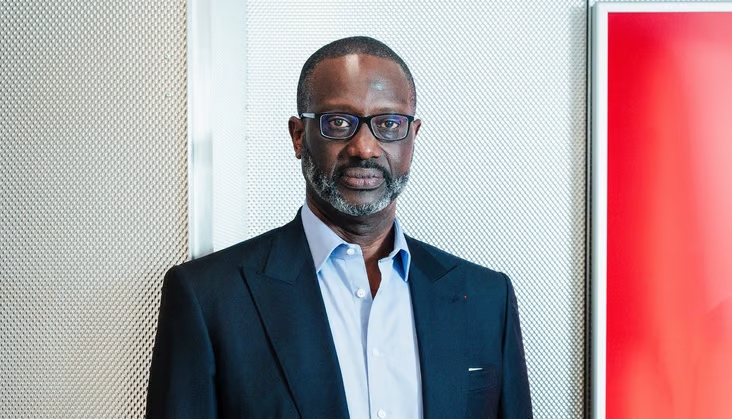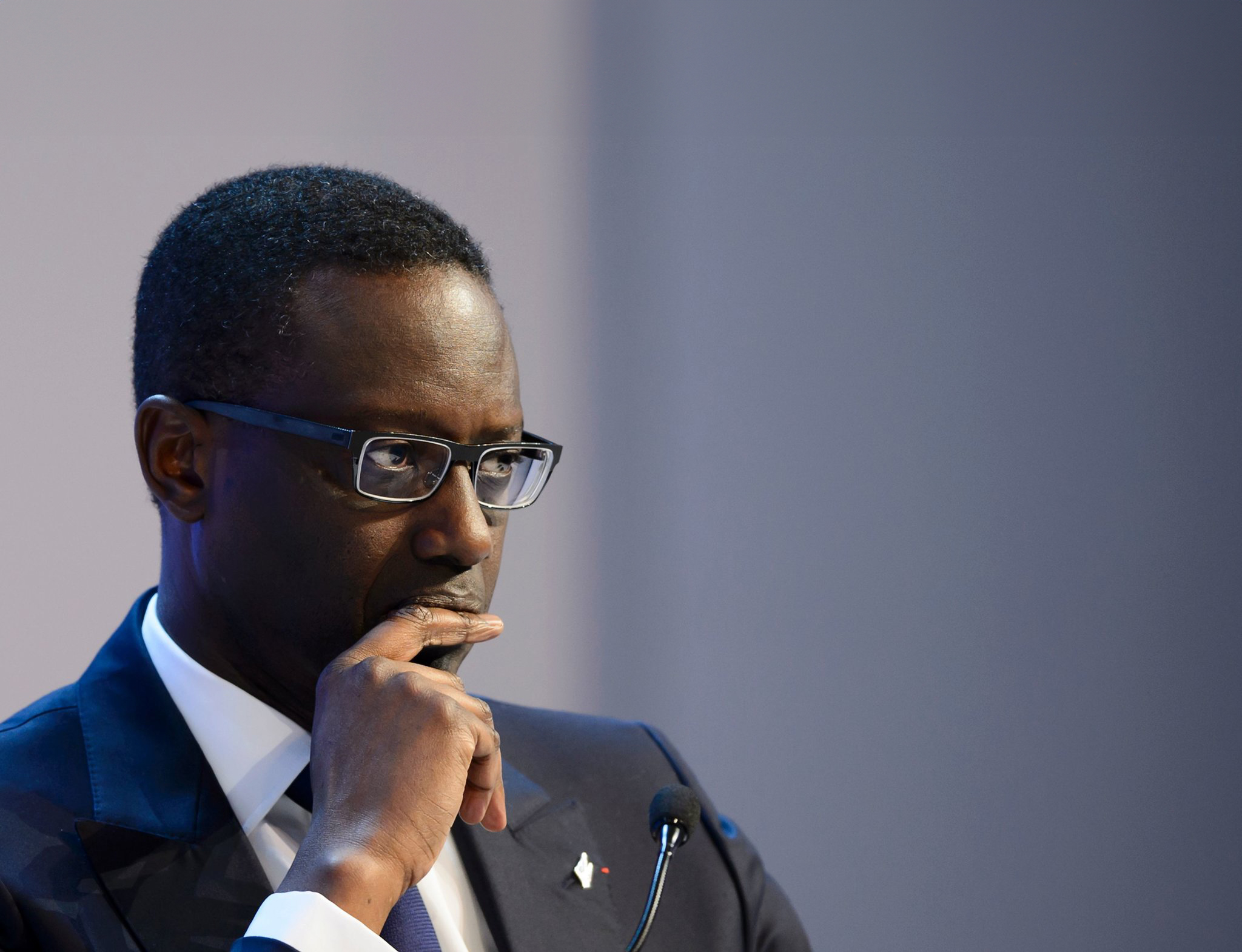Thiam’s Decision to Join Ivory Coast Presidential Race Reshapes Luxury Brand’s Governance
Esteemed banking executive Tidjane Thiam has stepped down from his position on the board of directors at Kering, revealing his intention to delve into political endeavors in his native Ivory Coast. Thiam, recently elected as the president of the Democratic Party, a prominent political entity in Ivory Coast, positions himself as a potential candidate for the upcoming presidential elections anticipated in October 2025. His resignation from Kering is a strategic move to allocate the necessary time to focus on his burgeoning political commitments.
Thiam, who assumed the role of an independent director on Kering’s board in June 2020, played a crucial role as the chair of the audit committee and a member of the remuneration committee. While Thiam bids farewell, the company expresses gratitude for his invaluable contributions, and François-Henri Pinault, on behalf of the board, warmly acknowledges his dedication.
A successor to Thiam is expected to be announced in the coming weeks. Despite this significant change, the remainder of Kering’s board structure remains unchanged.
Thiam’s journey traces back to Ivory Coast, where he left following a coup in 1999 while serving as the minister for planning and development and an adviser to ousted President Aimé Henri Konan Bédié. His subsequent banking career in Europe saw him at the helm of prestigious institutions such as Aviva, Prudential, and Credit Suisse.
Notably, Thiam’s tenure as the Chief Executive Officer of Credit Suisse ended in 2020 amid a series of corporate espionage and financial oversight scandals. Following his departure from Credit Suisse, Thiam assumed a role on Kering’s board, a position now marked by his resignation.
Apart from his banking roles, Thiam has been associated with the International Olympic Committee. With dual nationality in France and Ivory Coast, he holds a unique position with deep political roots, being the great-nephew of Félix Houphouët-Boigny, Ivory Coast’s independence leader and first president, with family ties reaching into the country’s political history.

